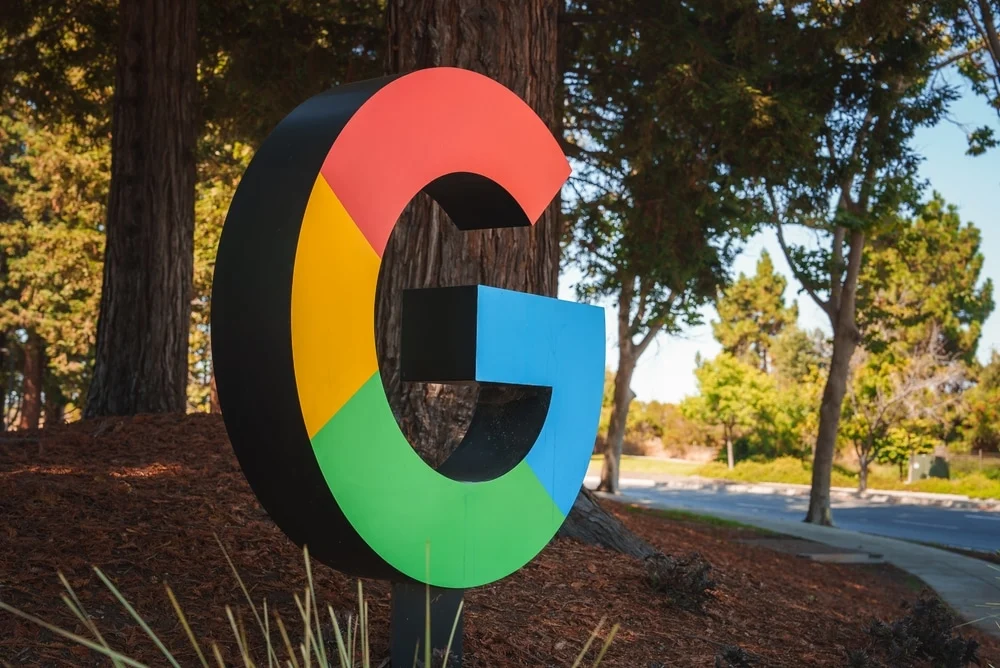Google Backs AI-driven Carbon and Methane Cleanup in Brazil

• Google is supporting three Brazil-based projects targeting methane abatement, reforestation, and mineral carbon removal.
• The initiatives leverage AI and geospatial analytics to track emissions, carbon storage, and ecosystem health.
• The projects aim to cut near-term warming from super pollutants while advancing scalable, long-term carbon removal pathways.
Google’s Climate Tech Portfolio Expands in Brazil
Google is scaling its investment in atmospheric restoration through a suite of technology-enabled climate projects in Brazil designed to address both near-term and long-term warming. The company’s latest initiatives, showcased in a new mini-documentary series, highlight partnerships with Orizon, Mombak, and Terradot — three organizations pioneering methane reduction, reforestation, and mineral carbon removal, respectively.
The projects reflect Google’s expanding climate portfolio, which applies artificial intelligence (AI), satellite data, and environmental modeling to help eliminate methane emissions, restore natural carbon sinks, and accelerate next-generation carbon capture techniques. Each effort is part of Google’s broader commitment to support scalable solutions that deliver measurable climate, economic, and social value.
Capturing Methane at Its Source
Methane remains one of the most potent greenhouse gases, responsible for nearly half of global warming to date despite its shorter atmospheric lifespan compared to carbon dioxide. In partnership with Orizon, one of Brazil’s largest waste management firms, Google is helping to curb these emissions by deploying advanced systems that capture methane from decomposing waste and convert it into energy.
Orizon’s “ecoparks” integrate data monitoring technologies to measure and optimize methane elimination in real time. The company’s work is part of Google’s broader push to support superpollutant mitigation through initiatives such as the Waste MAP platform, which uses AI to identify and track major methane emitters. By enhancing visibility across the waste sector, these systems enable more targeted interventions at both industrial and municipal levels.
Using AI to Scale Reforestation and Carbon Removal
Google’s partnership with Mombak, Brazil’s largest reforestation firm, focuses on restoring degraded regions of the Amazon with native tree species using machine learning and data science. Mombak combines ecological expertise with computational models to forecast biodiversity outcomes and quantify carbon storage.
By restoring natural ecosystems, the initiative leverages one of the planet’s most effective and time-tested carbon removal tools: photosynthesis. Google is also extending this approach globally through the Symbiosis Coalition, which it co-founded to strengthen market mechanisms for high-integrity, nature-based carbon projects.
Tools such as Google Earth Engine and Earth AI are playing a central role in verifying climate gains. These platforms analyze remote sensing data to estimate forest biomass, monitor canopy change, and assess carbon flux — improving accuracy and transparency in reforestation reporting.
RELATED ARTICLE: Google Launches AlphaEarth Foundations to Revolutionize Global Environmental Mapping
Mineralizing Carbon for the Long Term
Beyond nature-based pathways, Google is also backing technologies designed for durable, gigaton-scale carbon removal. Through its partnership with Terradot, a Brazil-based innovator in enhanced rock weathering, the company is exploring how mineral reactions can permanently store carbon in soils and sediments.
Terradot’s technology accelerates natural processes that capture CO₂ while improving soil fertility, offering potential co-benefits for Brazil’s extensive agricultural sector. The company, a participant in the Google AI for Nature Accelerator, uses geospatial AI to model soil conditions, predict carbon removal potential, and monitor long-term storage outcomes.
These data-driven insights feed into larger coalitions such as Frontier — a pre-purchase partnership co-founded by Google to de-risk emerging carbon removal technologies and create market demand for verified, permanent storage solutions.
Linking Technology, Policy, and Climate Goals
By investing in complementary climate solutions across sectors, Google is aligning its technology ecosystem with international carbon reduction goals. The company’s approach mirrors emerging climate finance priorities, where digital measurement, reporting, and verification (MRV) systems are becoming essential to assess environmental outcomes.
For corporate sustainability leaders and investors, these projects demonstrate how AI, data science, and public-private collaboration can advance both policy-aligned emissions reduction and long-term atmospheric restoration.
Brazil’s position as a biodiversity and agricultural powerhouse gives these experiments broader global relevance. If scaled effectively, the combined strategies — from methane capture to mineral carbon storage — could shape a replicable model for integrating frontier science with corporate climate commitments worldwide.
Follow ESG News on LinkedIn












